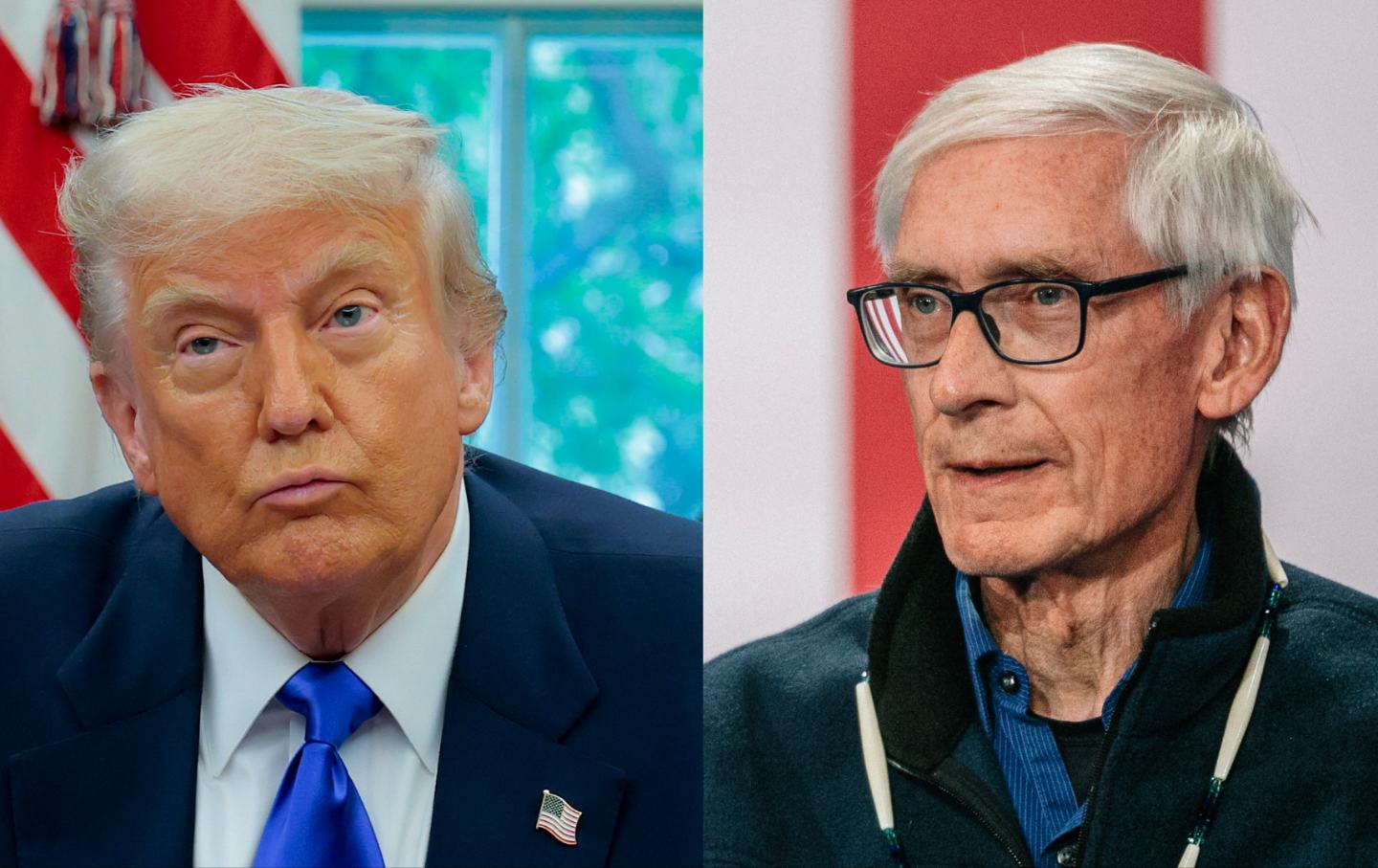Now Reading: DOGE Is Wreaking Havoc on Everything—Except the War Machine
-
01
DOGE Is Wreaking Havoc on Everything—Except the War Machine
DOGE Is Wreaking Havoc on Everything—Except the War Machine

On May 6, 2025, it’s evident that activities benefiting weapons contractors, particularly favored by Musk, remain largely untouched. Elon Musk’s influence in the Pentagon contracting world is apparent.
The Trump administration is being criticized for its aggressive approach towards cutting essential programs and agencies vital to America’s civil government. The reduction of the US Agency for International Development (USAID) and potential closure of the Department of Education are examples of this campaign. Layoffs of significant personnel are threatening critical services needed by various sectors. The administration’s focus on efficiency is deemed a cover for greedy motives rather than genuine government improvements.
Despite headlines suggesting budget cuts, the Pentagon remains untouched. Instead, the administration plans to increase the military budget significantly. Musk’s SpaceX, a major Pentagon contractor, benefits from these decisions. Questions arise over Musk’s unelected authority and potential conflict of interest in such a role.
The administration’s swift actions in cutting civilian programs contrast sharply with the generous military funding, reflecting a worrying trend towards a heavily militarized state. The erosion of constitutional rights and increased inequality are further concerns in this political landscape.
While various agencies face severe cuts, the Pentagon has largely been spared, receiving substantial funding. Major weapons contractors continue to profit, with minimal revenue impact from the administration’s efficiency campaign. Possible shifts in military priorities may benefit both traditional contractors and emerging tech firms.
Resistance to the Trump/Musk agenda is growing, with lawsuits, rallies, and boycott efforts gaining momentum. The outcome of this opposition remains uncertain, but it signifies a critical moment in American politics.




